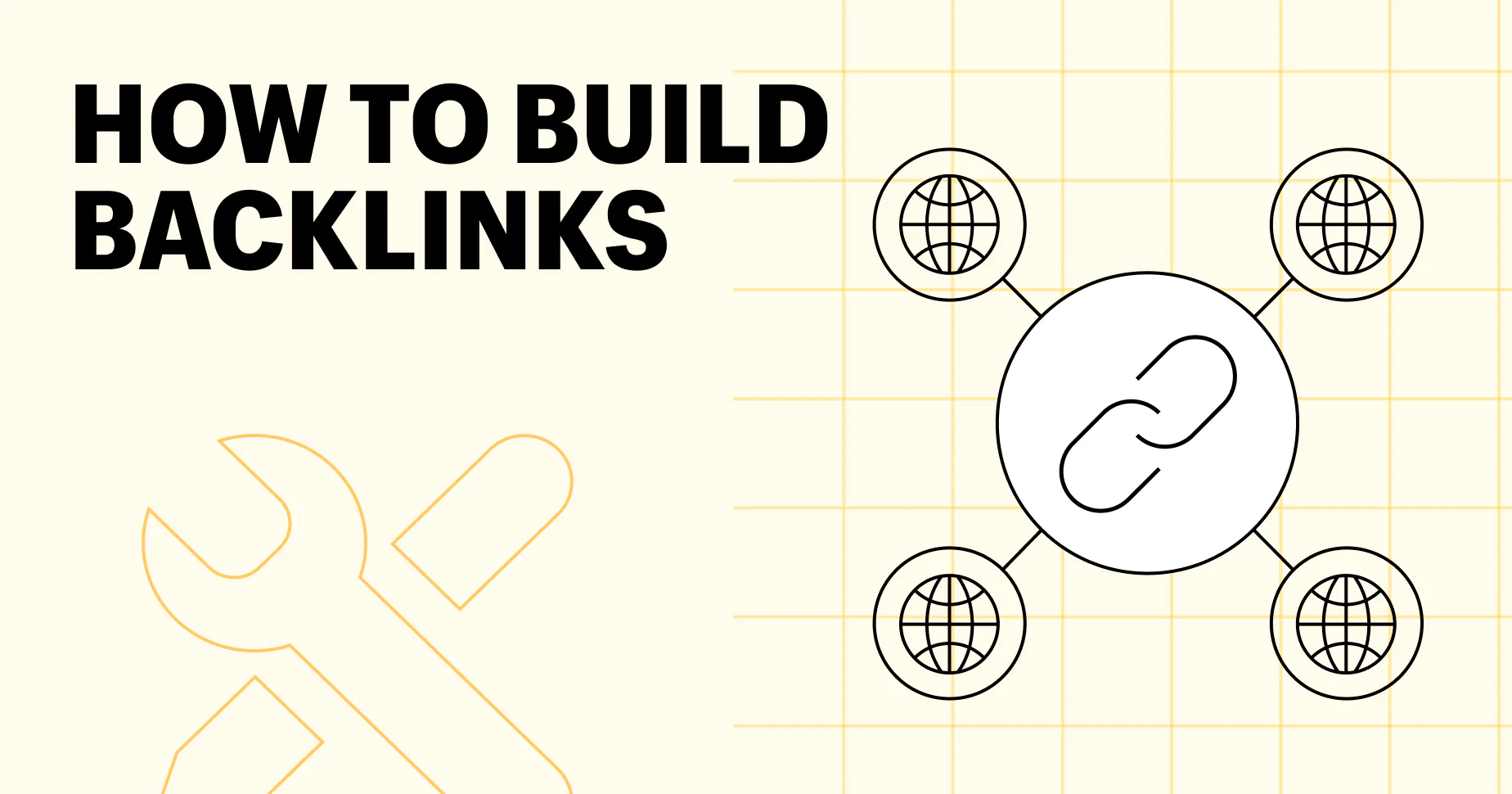
Create High-Quality, Shareable Content
Backlinks, also known as inbound links or incoming links, are crucial for search engine optimization (SEO) as they signal to search engines that other websites consider your content valuable and authoritative. A robust backlink profile can significantly enhance your site's visibility and rankings on search engine results pages (SERPs). Here are several strategies to increase backlinks to your website effectively:
The cornerstone of acquiring backlinks is producing exceptional content that people naturally want to link to. This can include:
In-depth Guides and Tutorials: Comprehensive resources that thoroughly cover a topic.
Infographics: Visually appealing and easy-to-understand graphics that present data or concepts.
Original Research and Data: Unique studies, surveys, or reports that provide new insights.
List Posts: Curated lists of valuable resources or tips.
Guest Blogging
Guest blogging on reputable websites within your niche is an effective way to build backlinks. Identify authoritative blogs that accept guest posts and pitch them with high-quality article ideas that provide value to their audience.
Broken Link Building
This strategy involves finding broken links on other websites and suggesting your content as a replacement. Tools like Ahrefs or Screaming Frog can help identify broken links. Once found, reach out to the site owner, notify them of the broken link, and propose your relevant content as a substitute.
Leverage Social Media
Sharing your content on social media platforms can increase its visibility and the likelihood of earning backlinks. Engage with influencers in your industry, participate in relevant discussions, and encourage sharing to amplify your content's reach.
Collaborate with Influencers and Industry Experts
Building relationships with influencers and experts in your field can lead to natural backlinks. Consider interviews, collaborative articles, or co-authored content to tap into their audience and authority.
Utilize Content Aggregators and Directories
Submitting your content to relevant content aggregators, directories, and forums can help increase exposure and backlinks. Ensure these platforms are reputable and relevant to your niche.
Conduct Outreach Campaigns
Reach out to webmasters, bloggers, and journalists in your industry with personalized emails that highlight the value of your content. Be clear about how your content can benefit their readers or complement their existing content.
Offer Testimonials
Providing testimonials for products or services you’ve used can sometimes earn you a backlink from the company's website. Companies appreciate genuine reviews and often link back to your site as a token of gratitude.
Participate in Community Engagement
Join online communities, forums, and Q&A sites like Quora or Reddit relevant to your industry. By contributing valuable insights and linking back to your content when appropriate, you can earn backlinks and establish authority.
Monitor Your Competitors
Analyze the backlink profiles of your competitors using tools like Ahrefs, Moz, or SEMrush. Identify where they are getting their backlinks and explore similar opportunities for your website.
Create Linkable Assets
Develop assets specifically designed to attract backlinks, such as:
- E-books and Whitepapers: In-depth resources that provide substantial value.
- Tools and Calculators: Useful online tools that people naturally link to.
- Templates and Checklists: Practical resources that users can easily apply.
Conclusion
Building a strong backlink profile takes time, effort, and a strategic approach. By creating high-quality content, engaging in targeted outreach, and leveraging relationships within your industry, you can effectively increase the number of backlinks to your website. Consistency and persistence are key, as the benefits of a robust backlink profile compound over time, leading to improved SEO performance and increased organic traffic.